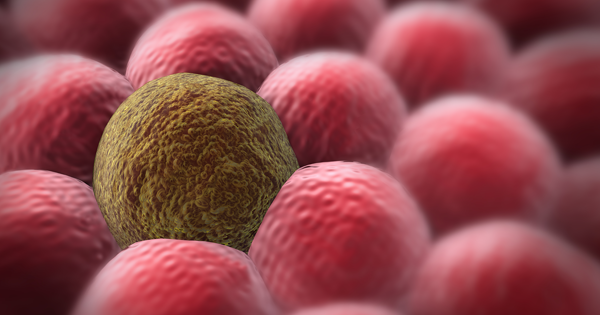Advertisement
What if one disease could help cure another?
That may be just what happened in the case of this study.
Scientists used a protein that malaria parasites use to attach themselves to placenta in a pregnant woman. While this may sound totally irrelevant, the tissue in placenta is actually pretty similar to the tissue found in tumors.
So scientists used this protein to deliver cell-killing toxins, and they were able to kill cancer cells in mice.
Of course, they are just mice, but the effectiveness of this protein at helping to cure toxins was pretty astounding. The treatment helped kill cancer cells in over 90% of the tumor types it was tested on, which is a pretty remarkable number, even for mice. They implanted three human tumor types in the mice, and the treatment worked on those, too.
Scientists already suspected there were similarities between placenta tissue and tumor tissue, since both grow rapidly and in a foreign environment.
This means that scientists’ suspicion was correct, which could mean great things for cancer research.
Especially since this protein appears to only attach itself to tumor tissue. When the protein was used, it caused significantly higher survival rates in the mice, and even three doses can make the tumor’s growth cease, or even get smaller.
Of course, while this is a great discovery for now, it’s best not to get hopes too far up, says University of California, Davis, Cancer Center Director Ralph deVere White. “The problem is that 95% of these new drug applications fail. They don’t get FDA approval…that’s nobody’s fault. It isn’t surprising that progress is slow.”
However, the researchers are optimistic that this one may really make it.




